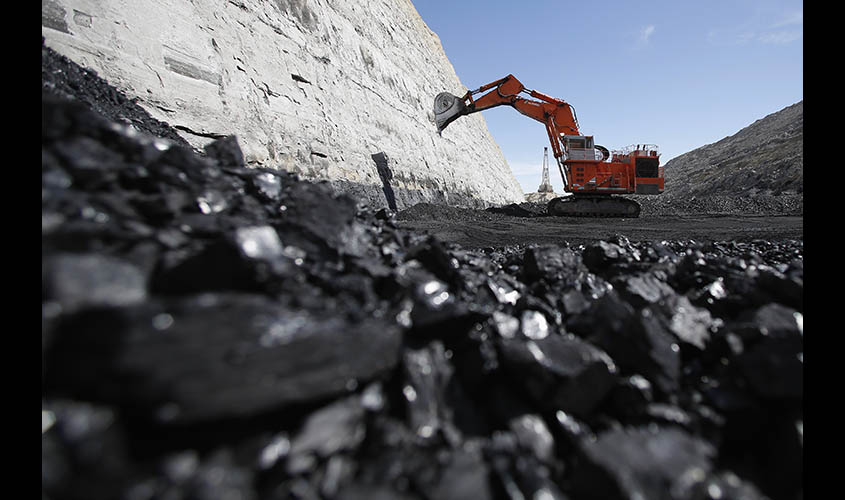The mining sector must contribute 3% of the GDP by 2025 in order to achieve the ambitious target of India becoming a $5 trillion economy as set by Prime Minister Narendra Modi.
According to a study of the Confederation of Indian Industry (CII), the mining sector calls for a much sharper focus and concerted efforts by policy makers and industry players to regain 3% share in the GDP. The study report “Towards a Globally Competitive Minerals & Mining Industry” says that despite its obvious importance, the mining industry in India has remained fledgling, as evident from its declining contribution to GDP, foreign investment and employment.
“The industry’s share in India’s GDP is a low 2.6% in 2018-19, down from 3.0% in 2011-12. FDI inflow in the sector declined from 2.1% of India’s total FDI inflow in 2014-15 to 0.5% in 2018-19. Though the government permitted 100% FDI in coal extraction for sale in the open market, its translation into action on the ground is contingent upon creation of a supportive ecosystem which facilitates timely clearances and enables expeditious acquisition of land,” the report, which was released recently, adds.
This is to be noted that the minerals and mining industry is core to India’s growth ambition. With around 72% of India’s current power being generated through coal, the mining industry plays a pivotal role from an energy security standpoint. Moreover, minerals are the basic building blocks of manufactured products.
Partha S. Bhattacharya, former Chairman, Coal India Limited (CIL), who steered the mining study, said, “Growth in mining industry in the last decade lagged, which needs to be reversed to drive the $5 trillion goal. India sits on 300 billion tonnes of coal reserves. Coal majors like Coal India and Singareni Collieries Company together account for almost 95% of the total coal produced in the country. It is important to offer larger coal blocks of larger annual capacity. Also, commercial mining needs to begin soon opening the doors to private players.”
Upendra Joshi, Joint Secretary, Ministry of Mines, said, “The minerals and mining industry is core to India’s growth ambition of a $5 trillion economy. Exploration, extraction and management of minerals have to be guided by national goals and perspectives, to be integrated into the overall strategy of the country’s economic development and at the same time, there should be effort to promote domestic industry and reduce import dependency. The sector has a pivotal role to play in the ‘Make in India’ vision of the Prime Minister.”
He said there is a significant scope for new mining capacities in iron ore, bauxite and coal and considerable opportunities for future discoveries of sub- surface deposits.
“The Geological Survey of India has almost doubled its exploration activity by implementing about 400 mineral exploration projects on various mineral commodities. Attractive provisions have been made for inviting private investment in mineral exploration through the revenue sharing model. It shall also be ensured that the regulatory environment is conducive to ease of doing business with simpler, transparent and time-bound procedures for doing business,” he added.
Sunil Duggal, Chairman, CII National Committee on Mining and CEO, Hindustan Zinc Ltd, said the mining industry has the maximum multiplier effect on the country’s economy, which is 13 times agriculture and six times of manufacturing.
He said: “In terms of GDP contribution, mining has a multiplier effect—every 1% increase in the growth rate of mining leads to an increase of 1.2-1.4% in the growth rate of industrial production.”

